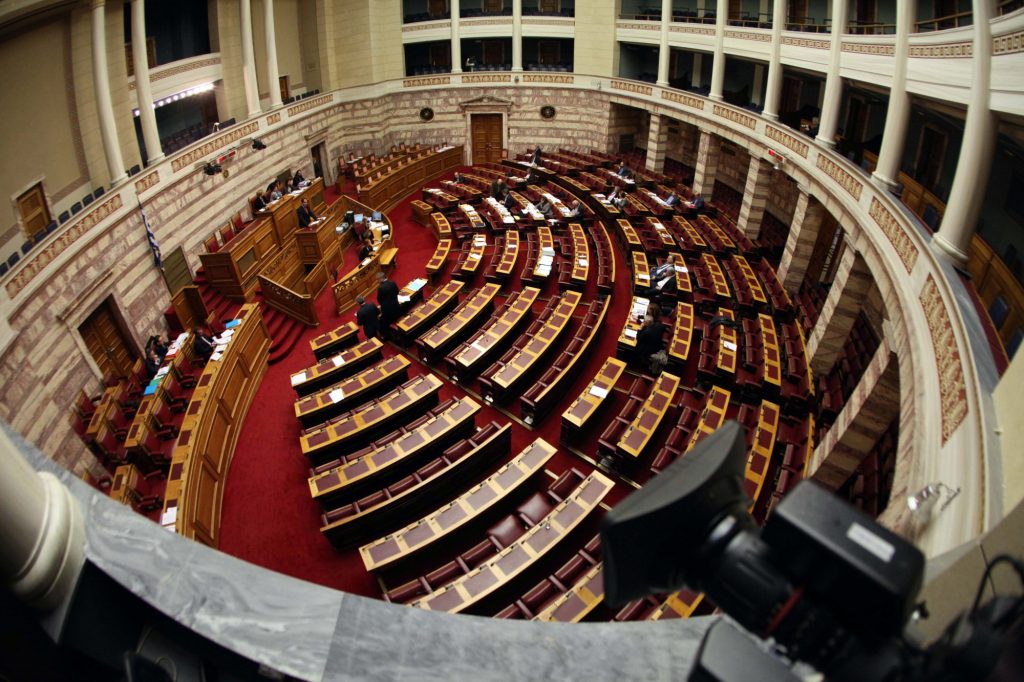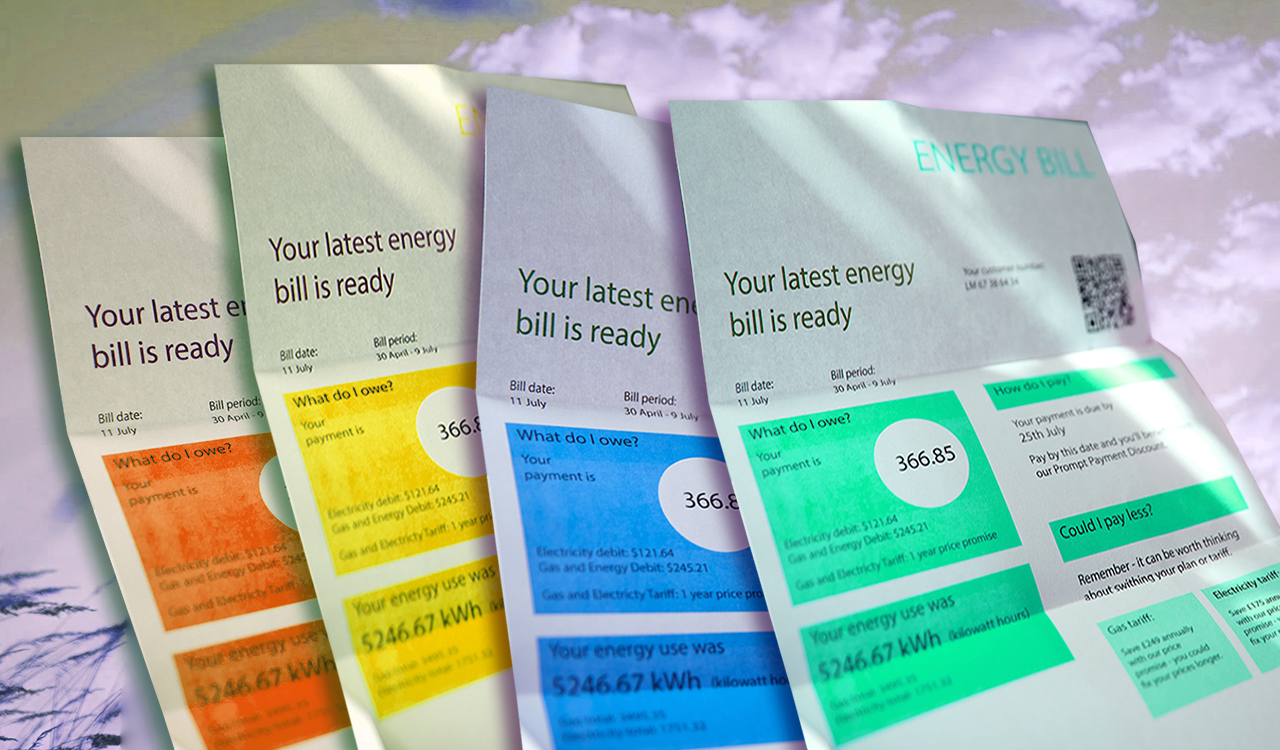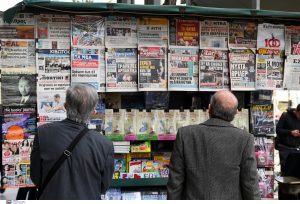The Greek Energy & Environment Ministry is planning to shift millions of electricity residential consumers in Greece to ‘blue’ or fixed electricity tariffs, after the expiration of the regulatory framework of the special or ‘green’ electricity tariffs, at the end of this year.
The ministry also intends to introduce dynamic pricing, known as ‘orange’ tariffs, bringing further changes to the electricity market.
The aim is for Greece to align with the EU and enable domestic consumers to avoid extreme price fluctuations, triggered by energy stock markets and geopolitical tensions.
It should be noted that out of approximately 7 million household consumers, only around 600,000 households chose fixed tariffs before the energy crisis. These plans, typically with 12-month contracts, were mainly offered by the Public Power Corporation (PPC).
In other European countries like Italy and the UK, the vast majority of households had contracts with fixed tariffs.
According to sources, the Greek Energy Ministry is even considering legislating a mandatory transition of consumers to fixed tariffs, a move that would, however, conflict with European free market regulations.
It is indicated that Greece’s PPC, the country’s largest electricity provider, as well as other independent providers, are willing to support this initiative, however, they oppose any regulation that would force a mass and mandatory shift of households.
Energy market stakeholders argue that it would be nearly impossible and economically damaging for energy companies to move millions of consumers to fixed tariffs all at once. Instead, energy providers suggest a gradual transition, involving campaigns to inform and cultivate a culture of choosing such plans, as well as creating products with fixed charges.




